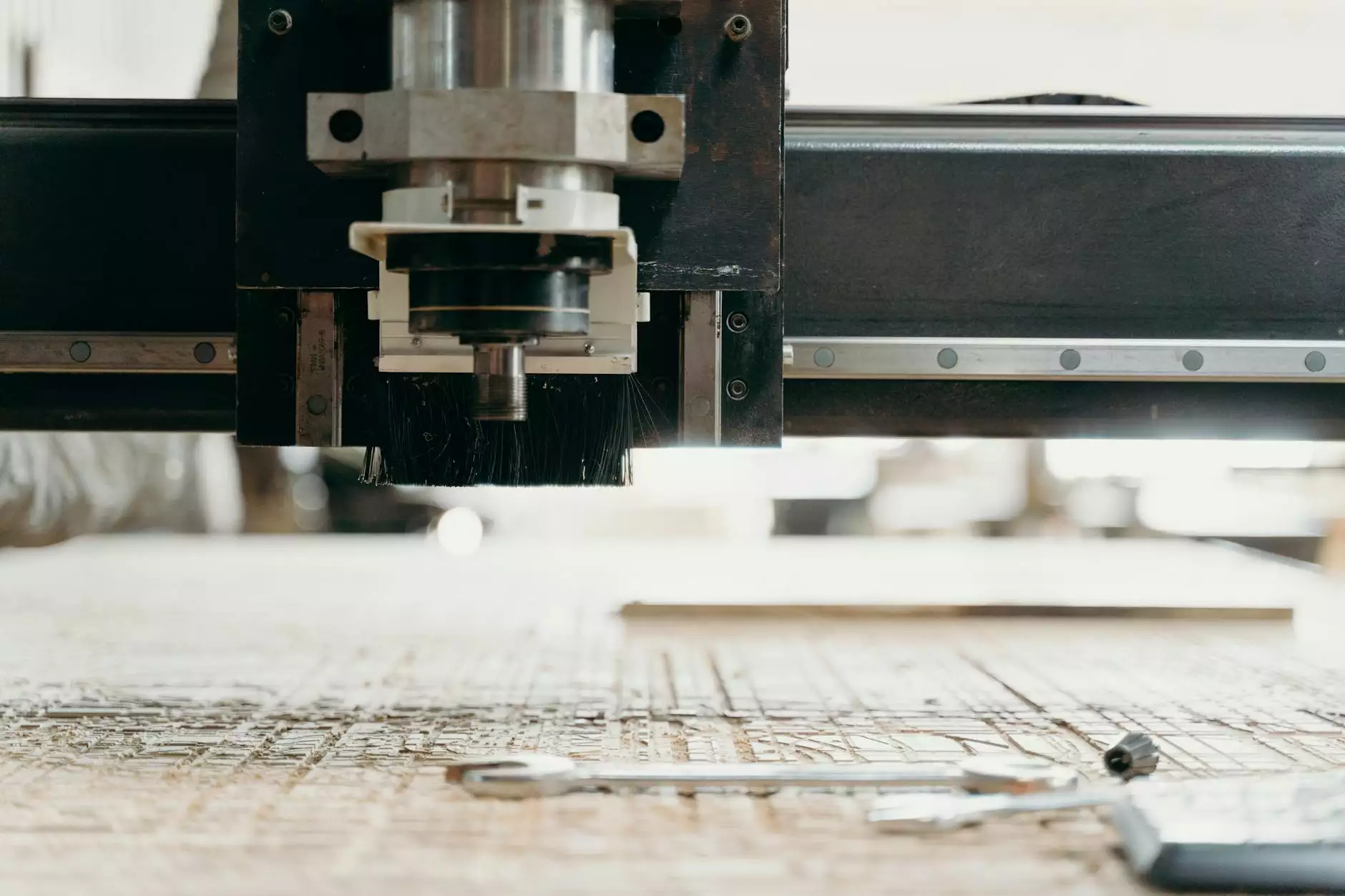Home Elevators for Wheelchairs: A Gateway to Independence

In today's world, accessibility is more than just a necessity; it is a fundamental right. Every individual deserves the ability to move freely within their own home, regardless of mobility challenges. Home elevators for wheelchairs are transforming the lives of countless individuals, providing them the freedom and independence they deserve. This article dives deep into understanding home elevators, their benefits, and why they are an excellent investment for anyone seeking to improve their living space's accessibility.
The Importance of Accessibility in the Home
The importance of accessibility in a home cannot be overstated. For individuals with mobility issues—whether due to age, injury, or disability—navigating stairs can be a significant challenge. Home elevators not only make it easier to access different floors but also enhance the overall quality of life by allowing individuals to live independently in their own spaces.
Why Choose Home Elevators for Wheelchairs?
When considering solutions for mobility in the home, many options exist. However, home elevators for wheelchairs stand out due to their numerous advantages:
- Enhanced Mobility: Elevators provide seamless access to all levels of a home.
- Independence: Users can move freely without assistance, reducing dependence on others.
- Space-Efficient: Elevators take up less space compared to ramps or stair lifts.
- Increased Home Value: Installing an elevator can significantly increase the property value.
- Safety: They minimize the risk of falls and accidents associated with stairs.
Types of Home Elevators for Wheelchairs
Understanding the different types of home elevators available can help homeowners make informed decisions. Here are the most common types:
1. Hydraulic Elevators
Hydraulic elevators use a fluid-driven piston to lift and lower the elevator cabin. These are well-known for their smooth operation and can support heavier weights, making them ideal for wheelchair users. They require a pit below the elevator shaft, which can be a consideration during installation.
2. Electric Cable Elevators
Electric cable elevators use cables and pulleys to lift the cabin. They are energy-efficient and tend to require less maintenance. Their installation may be suited for homes without space for a hydraulic pit.
3. Pneumatic Elevators
Pneumatic elevators utilize air pressure to move the cabin up and down. These elevators are compact and do not require a traditional shaft. They are incredibly modern and can add a stylish touch to a home.
Installation Considerations for Home Elevators
Before installing a home elevator, various factors need to be considered to ensure the best choice. Understanding these considerations will help make the process smooth and effective.
Space Requirements
The space available in your home plays a crucial role in determining which type of elevator is best for your needs. Here are some points to consider:
- Ensure there is enough room for the elevator shaft.
- Consider the floor loading capacity and structural integrity.
- Assess any potential obstacles that may interfere with installation.
Cost Estimates
The cost of installing a home elevator can vary widely depending on several factors, including type, brand, and installation complexity. An average estimate ranges from $20,000 to $50,000, including installation. Always request multiple quotes from different contractors.
Regulatory Compliance
It is essential to check local building codes and regulations when planning the installation of a home elevator. Compliance ensures safety and can prevent legal troubles in the future.
Benefits of Home Elevators Beyond Mobility
While the primary function of home elevators for wheelchairs is to facilitate movement between floors, their benefits extend beyond mere mobility solutions.
Improved Quality of Life
Having an elevator provides a sense of freedom and dignity for wheelchair users. It opens up opportunities for them to engage more fully in family and social activities.
Family Dynamics
Home elevators reduce physical strain on family members who often assist those with mobility issues. This leads to improved interpersonal dynamics and overall family harmony.
Future-Proofing Your Home
Investing in a home elevator not only benefits current occupants but also enhances the home's value for future owners who may face similar accessibility needs.
Using Home Elevators for Aging in Place
Many homeowners prefer to "age in place," which means living in their home comfortably and safely as they grow older. Home elevators play a crucial role in this movement, enabling easier access throughout the home for individuals with declining mobility.
Creating a Safe Environment
Falls are a significant concern for the elderly. Installing a home elevator can significantly reduce the risk of accidents when navigating stairs, promoting safety and peace of mind.
Customizable Options
Modern home elevators come with various customizable options, including:
- Interior Design: Choose from various finishes that match your home decor.
- Controls: User-friendly controls for improved ease of use.
- Size: Many models can be adjusted to fit compact spaces.
Conclusion: Making the Choice for Home Elevators for Wheelchairs
The decision to install home elevators for wheelchairs is not merely about convenience; it's about enhancing quality of life. By investing in such an innovative solution, individuals can enjoy greater independence, increased home value, and importantly, a safer living environment. If you're considering such an upgrade, understand your needs, evaluate your home's specifics, and choose a reputable contractor to ensure that your investment pays off in the best possible way.
For more information on home elevators and their advantages, visit expressramps.com.









